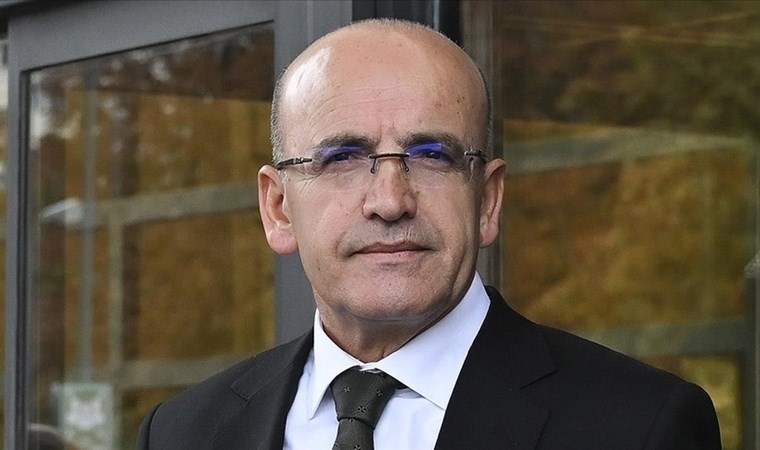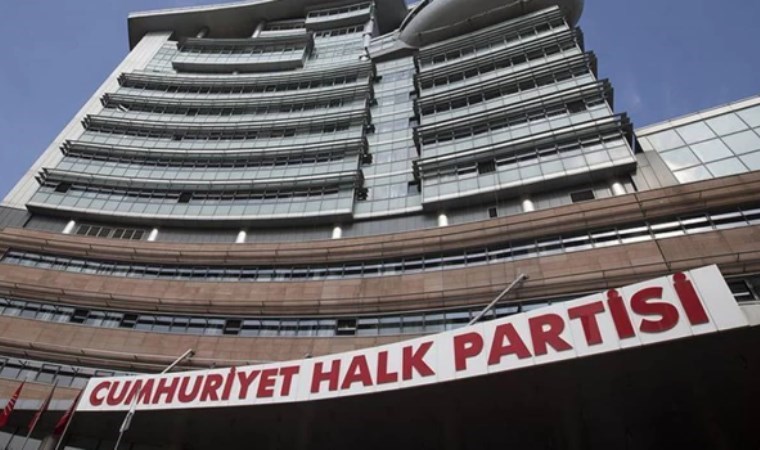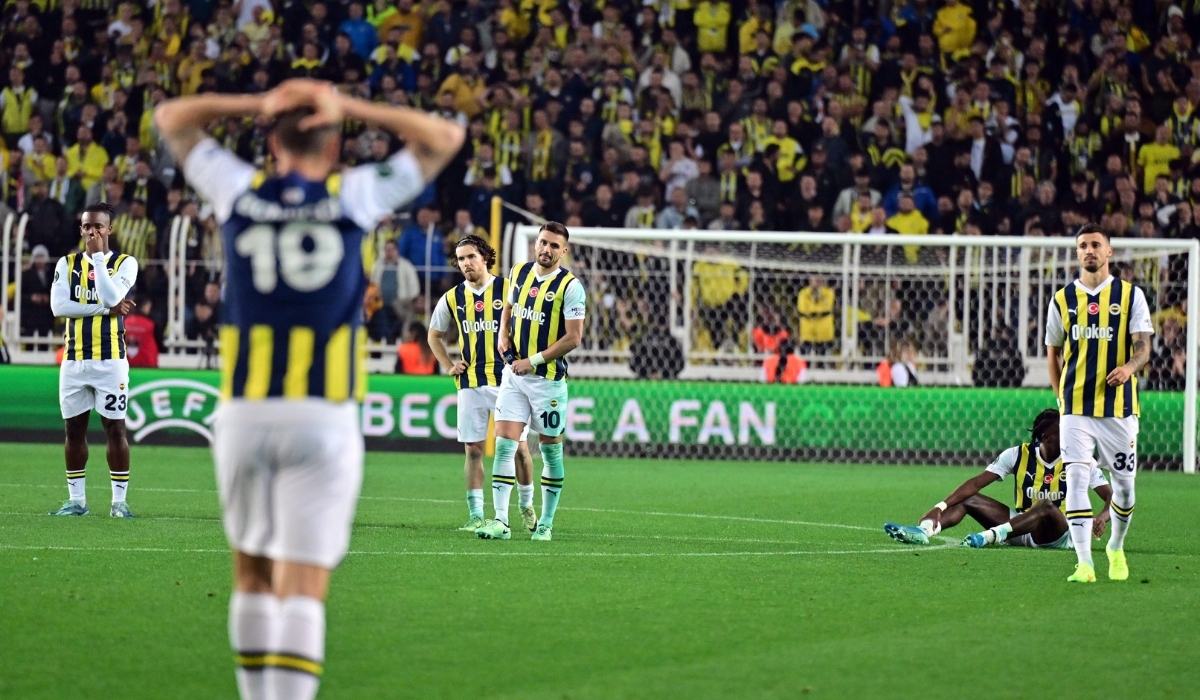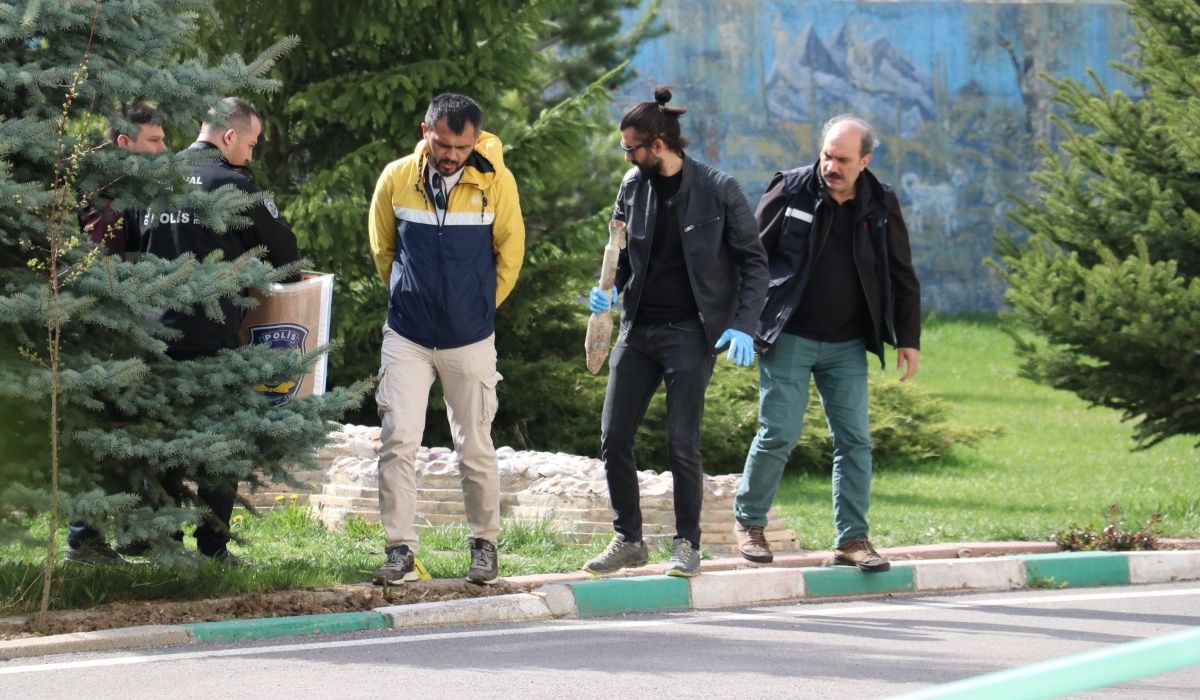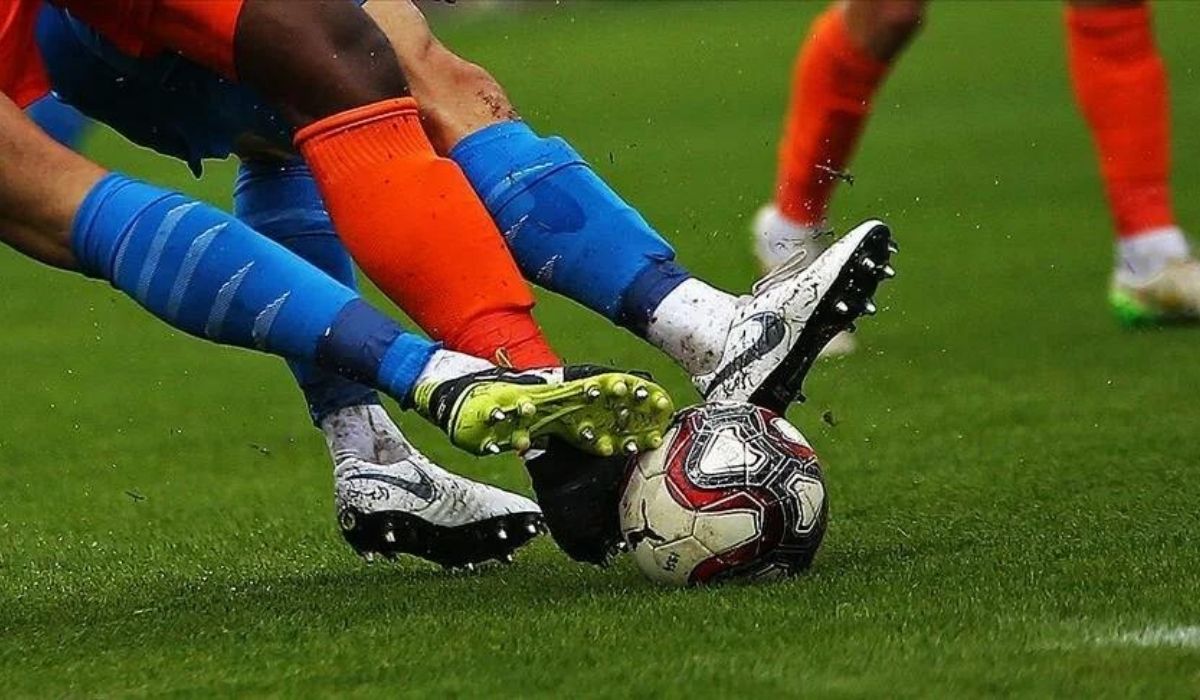The severest assault on the rule of law
Jurists have surveyed the situation that courts’ non-compliance with the Constitutional Court ruling has created.
SİNAN TARTANOĞLU, CANAN COŞKUN, SEYHAN AVŞAR, ZEHRA ÖZDİLEK
The accusation of “usurpation of jurisdiction” that the local courts have levelled against the Constitutional Court (CC) in opposition to the ruling declaring rights violations and ordering the ending of detention passed by the CC on journalists Mehmet Altan and Şahin Alpay has embroiled Turkey in yet another round of legal chaos.
Istanbul Serious Crime Court No 13’s defiance of the Constitutional Court’s binding ruling conjures up recollections of the retort President Tayyip Erdoğan made with reference to the Can Dündar and Erdem Gül ruling. Erdoğan summed up the ruling with the words, “I neither comply with nor respect it.”
Erdoğan said, “Actually, the court could have reinstated its ruling. Had it done so, this individual application or the ruling passed by the Constitutional Court would have counted for naught and these released people would have gone to the European Court of Human Rights.” Jurists’ views on the ongoing chaos in the judiciary are as follow:
A specially concocted decision
Union of Turkish Bar Associations Chair, Metin Feyzioğlu: Is the Constitutional Court to have engaged in “usurpation of jurisdiction” when passing a rights violation ruling and to “have done its job” on dismissing the claim? Can this be said? It assaults reason. What else was the Constitutional Court going to say and be able to rule that detention was unlawful? What is the Serious Crime Court’s take? If it said, “This detention is not possible with this evidence,” would this constitute comments reflecting bias? This is a decision that has been specially concocted and has nothing to do with the law to enable rejection, so as to say, “We are not complying.” It is also possible to object to a court’s decision to reinstate its ruling. The objection authorities must act correctly. The Constitutional Court can issue the same ruling every day that detention continues. This situation will without fail also affect the cases before the European Court of Human Rights (ECtHR). The ECtHR will decide that the Constitutional Court is not an effective remedy. Turkey is shooting itself in the foot again. It is removing the affair from its own domestic law and sending it to the ECtHR.
A second rights violation is taking place
Ankara Bar Association Chair Hakan Canduran: The moment a court learns of a Constitutional Court ruling, it is obliged to comply with it without looking for its reasons. What difference does it make if you see the reasons or not? The reasons for a finalised decision do not concern the court. As of that moment, you commit a crime if you do not release a detainee. Serious Crime Court No 13 has committed a crime in not complying with the CC ruling. The Ministry of Justice must immediately take action and file a criminal complaint about the members of Serious Crime Court No 13, and start procedures, because the decision embarks on a second rights violation. Did President Erdoğan not say, “I neither recognise nor comply with it?” If a president speaks of not recognising, another citizen or court will also speak of not complying. The courts have come to this state with the administration having taken power in its hands and made recourse to such means.
There is a bill on individual application
Istanbul Bar Association Chair Mehmet Durakoğlu: CC rulings are final and binding. Nobody can afford the indulgence of debating these rulings. We are either to have the rule of law, or not. The crucial point is that, thanks to individual applications, Turkey, with regard to the situation in which it finds itself, is keeping the door open that leads to the world of contemporary and universal law. Turkey’s most important door currently of individual application amounts to the obligation to act on the basis of universal law. I think this is how I interpret Bekir Bozdağ’s pronouncements. The government is working on a bill concerning individual application. What they are trying to achieve in this bill is to use the judiciary as part of their political strategies as they have done before.
The CC’s existence is being debated
Sakarya Bar Association Chair Zafer Kazan: Judges and the will that ignore CC rulings are actually doing away with the CC in practical terms. In that case, we are debating the existence of the CC. This does not amount to defending or standing up for anybody. In the past, the CC said that it would not review state of emergency decrees with the force of law. And we castigated this CC decision telling them they would close them in an overnight decree, too. But, of necessity we complied because in the end it was a court decision. This, at the same time, is a huge handicap in fighting the country’s crime organisations. This will really greatly taint the fight against FETO. By paying no heed to a CC ruling, this will bolster the thinking that an intervention by the political will was incurred here. Courts must immediately show willpower and comply with this ruling that the law imposes on them. Otherwise, there is nothing we can talk about as far as the law goes.
It resorted to “circumventing the law”
Prof. Dr. Sami Selçuk: In the Continental European legal system of which our country is part, as of the moment that the judgment portion of court decisions are announced they attain independence, inviolability and finality, and the court absolutely cannot then make an amendment to this judgment portion that it has announced, it cannot even touch a comma. And the decision becomes valid at that moment and begins to be effective. The reasons are the portion that flesh out this judgment portion and as far as I know, as per all procedural laws, they are and can be drafted after the judgment portion. By way of distinction/exception, the promulgation of the reasons in CC annulment rulings is awaited. In our case at hand, the CC identified a rights violation that falls to its own jurisdiction and publicised this by placing this conclusion it had reached on its website.
A court decision can most certainly be criticised at any time for scholarly reasons, indeed, this should be done. However, criticism on nonsensical pretexts that have nothing to do with the law or through stripping of content and corrupting concocted notions such as “jurisdiction grab” cannot be accepted. Such an approach is, above all, contrary to scholarly and legal ethics and is inadequate. Apart from this, in a law-based society, the moment the CC proclaims a violation ruling, everyone and at the same time the judicial decision-making court must comply and immediately do what the ruling calls for. A judge who does not consider the provisions of a law or a court’s decision to comply with the law can certainly criticise that law or court decision in an analytical text. However, a court that that is obliged to implement the law or implement a decision passed by a competent body such as the CC cannot subject these to criticism in the decision it passes. Should it do so, such a decision will be null and contrary to the law in that jurisdiction has been exceeded.
Indeed, the French Court of Cassation quashed, even though it considered the decision to comply with statute, on the grounds of exceeding jurisdiction the decision of a court that implemented a law while criticising it and it did not permit the decision to attain finality with such a reason. In our particular case, the first court, initially, proceeded to criticise the ruling passed by the CC rather than complying with it and exceeded its jurisdiction. This is one thing. Secondly, in stating that it would await promulgation of the reasons, it then resorted to pretexts that make a mockery of the law and to means for “circumventing the law,” rather than basing itself on sound reasons. This is a grave error. The courts and all state organs must comply with CC rulings. In our particular event, Mehmet Altan and his colleagues had been detained as a measure, but it was stated in the CC ruling that this detention procedure had been found to be unlawful. Nobody is entitled to act out the “Yasar is neither alive nor dead” story. The ruling must be complied with at once and the detainees released. Otherwise, application of Article 109/3-d of the Turkish Penal Code providing for the offence of deprivation of liberty will come into play.
Its existence retains no meaning
Prof. Dr. İbrahim Kaboğlu: The CC ruling is binding on the serious crime court that encounters it. A serious crime court lacks the jurisdiction to query whether the CC has passed a ruling within its jurisdiction. For, the CC, by virtue of the jurisdiction vested in it by the Constitution and statute, possesses the jurisdiction to determine whether or not there has been a violation. Consequently, if a low-instance court sets out to query a court of a higher instance than this instance in terms of usurpation of jurisdiction, the existence of the judiciary then retains no meaning. A second point was the immediate jumping in of government officials and politicians with comments on this matter. In fact, judicial decisions are the business of the judiciary. They are not the business of the government. I wonder if Turkey being under state of emergency rule has not been conducive to this state of affairs arising? For, a serious crime court querying the CC is not a situation that is particularly encountered in the normal legal order. Turkey must return immediately to ordinary legal practices. And the final point is that this ruling passed by the CC could basically have been a step to enable Turkey to exit the political and legal crisis into which it has become embroiled. This would have been a situation that would have benefitted not just certain circles, but above all the government and the whole of Turkey. But, an opportunity of this kind has been thwarted with this sort of defiance.
They will not comply with ECtHR rulings, either
Prof. Dr. Yaman Akdeniz: In fact, we clearly observed that our judiciary is not independent from politics when, during Atilla Taş and Murat Aksoy’s initial release procedure, the court bench and hearing prosecutor were removed from their posts. Now, a Constitutional Court’s violation ruling concerning detention, which had previously been complied with on many occasions, is not being complied with. It is now impossible to speak of judicial independence or a fair trial in Turkey. A constitutional crisis has come into play. This crisis will negatively affect the Cumhuriyet team’s and other journalists’ application process at the ECtHR. Local courts, which are not complying with Constitutional Court rulings, will probably not comply with ECtHR rulings, either. This potential situation will gradually take Turkey away from the Council of Europe and the European Union.
Direct recourse to the ECtHR will become available
Former ECtHR judge Rıza Türmen: This is a question of the existence or not of the rule of law. A situation such as a CC ruling being overturned by a first-instance court is most probably happening for the first time. The non-releasing of the journalists despite the CC ruling has left the detention devoid of a legal basis. A de-facto situation has emerged. It has no difference from kidnapping people and locking the door behind them. If they are later released, this will amount to a separate violation. Delaying release means violation of the right of freedom in Article 5 of the European Convention on Human Rights. On the other hand, if they are not released, the ECtHR will pass a ruling. It will issue a violation ruling with regard to journalists having been deprived of their freedom and violation of press freedom. Under such circumstances, it will transpire that Turkey’s domestic remedies do not work. If the CC has ceased to be a domestic remedy, the opportunity will then arise of direct recourse to the ECtHR. Turkey will proclaim to the world how far removed it is from the rule of law.
Turkey is not a law-based state
Turgut Kazan, Attorney-at-Law: Turkey has currently ceased to be a law-based state. The existence in it of the rule of law was always open to question, but it has now ceased to be a law-based state. It is an exercise in futility to try and look for logic in the decisions of the courts that are defying the CC ruling. Even if the ruling is wrong, this is a matter for academic debate, articles and scholarly lectures. It cannot be a matter for pronouncements in the street starting with “Oi.” The courts which are the heroes of the violating order must comply with this declaration. It is very dangerous for the CC’s jurisdiction to be opened up to debate and this is a debate that can never be accepted. Not complying with the ruling is madness. You are a law-based state if you are a state in which an independent, quality judiciary passes decisions, the fundamental characteristic of a law-based state. If the political will decides on all matters and if judicial authorities shape themselves in line with this, that place is most certainly not a law-based state.
Others will not comply
Ümit Kardaş, Attorney-at-Law: As you know, the right of individual application to the CC was placed in the Constitution by the AKP ruling body. Now things along the lines of “Look here, this is a usurpation of jurisdiction, a usurpation of function” are being said. However, the CC is in fact duty bound to examine the evidence for the charges levelled as to the existence of strong suspicion of guilt. Serious crime courts lack the power and jurisdiction to examine and criticise CC rulings. They are not now entitled to defy CC rulings. Of course, at the stage we have reached, the non-compliance with the ruling marks a point at which the law and everything has finished. Chaos will emerge from this. I mean, if you do not comply with the CC ruling, tomorrow or the next day others will not comply with local serious crime court’s rulings. What does this mean when court rulings begin not to be implemented? This means chaos.
Making lawlessness comply with the book
Gökmen Yeşil, Attorney-at-Law: All local courts and prosecution and administrative authorities are obliged to comply with rights violation declarations made by the CC, which, in line with the general workings of the law, clearly must protect fundamental rights and freedoms and conduct cases in line with this. Above all, the local court’s comment, “There is evidence we cannot reveal” demonstrates that the affair has nothing to do with the law. For, it is trial procedure for evidence to be made known to all parties and to be discussed in the course of the proceedings. Secret evidence in a trial is a concept that the local court has made up. However, this made-up situation does not derive from ignorance of the law and signifies nothing apart from making lawlessness somehow comply with the book under political pressure. A different situation was not to be expected in an environment in which the President and Justice Minister made open statements on the matter.
Stand up for the law
It was also stressed in a written statement made yesterday by Şahin Alpay and Mehmet Altan’s lawyers Ergin Cinmen, Figen Çalıkuşu, Ferat Çağıl and Melike Polat that CC rulings are binding on absolutely everyone. With it pointed out that absolutely nobody may give orders and instructions to courts and judges, it included the observation, “The Constitutional Court should not be a court that is respected when ruling to dismiss annulment decisions over state of emergency decrees with the force of law and attacked when ruling on matters of fundamental rights and freedoms. We invite all jurists who have a legal conscience and everyone who wishes to live in a country under legal certainty and who believes in the supremacy of the law to stand up for the law and speak and debate about the facts.” With it recalled in the statement that the CC examines individual applications, it was said, “Pursuant to the provision, application may be made to the CC with claims that fundamental rights and freedoms guaranteed in the Constitution and any of those in the European Convention on Human Rights has been violated by the public power. Individual application is a secondary means of recourse to which application may be made if the alleged rights violations are not rectified by the courts of instance. Accordingly, whether judicial authorities have exceeded the bounds of discretion over “the existence of strong suspicion that the crime was committed,” “the existence of grounds for detention” and “proportionality of the detention measure” is subject to the CC’s oversight. With it mentioned in the statement that the courts that defied the CC ruling were not duty courts, it was also noted that individual application rulings, unlike annulment rulings, did not have to be promulgated in the Official Gazette.

En Çok Okunan Haberler
-
 Depremden bir saat önce '6-7.2 arası' diyerek uyarmıştı
Depremden bir saat önce '6-7.2 arası' diyerek uyarmıştı
-
 'Restoranlara gitmeyelim'
'Restoranlara gitmeyelim'
-
 ‘Yok artık öyle beleşten hayat’ dedi: Mirasını açıkladı!
‘Yok artık öyle beleşten hayat’ dedi: Mirasını açıkladı!
-
 'Yarı finale çıkma şansları yok'
'Yarı finale çıkma şansları yok'
-
 ‘B.kunu çıkardılar ama’
‘B.kunu çıkardılar ama’
-
 'Yüzbinlerce kişi tespit ettik'
'Yüzbinlerce kişi tespit ettik'
-
 Yatırımcılar dikkat! Gram altında yeni zirve
Yatırımcılar dikkat! Gram altında yeni zirve
-
 AFAD: 231 ihbar geldi
AFAD: 231 ihbar geldi
-
 CHP'nin yeni grup başkanvekili belli oldu!
CHP'nin yeni grup başkanvekili belli oldu!
-
 ‘Artık şatafata son!’
‘Artık şatafata son!’





